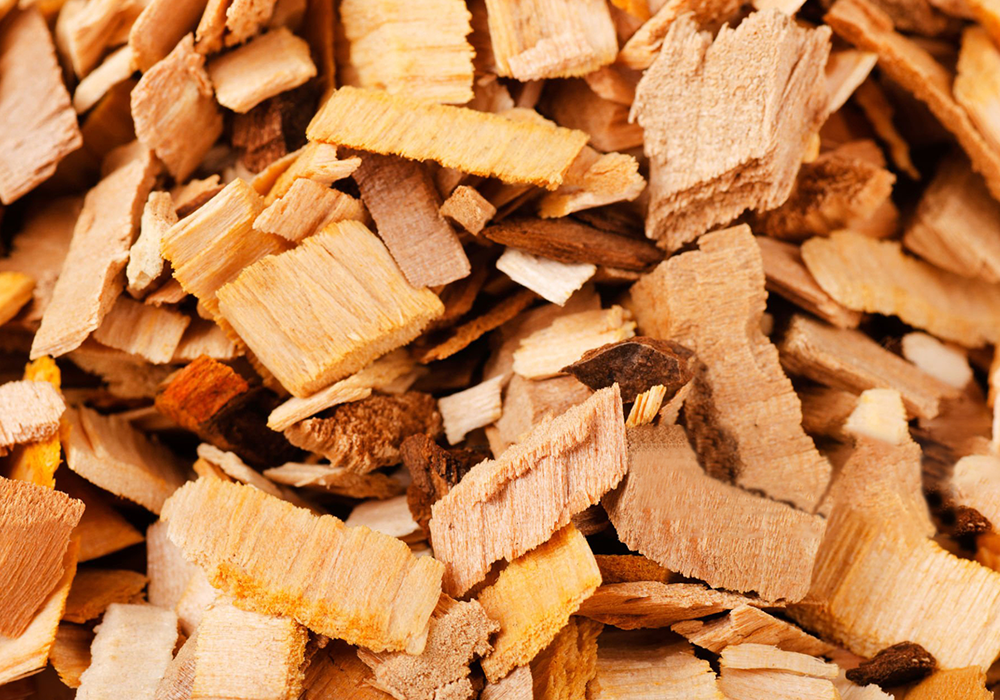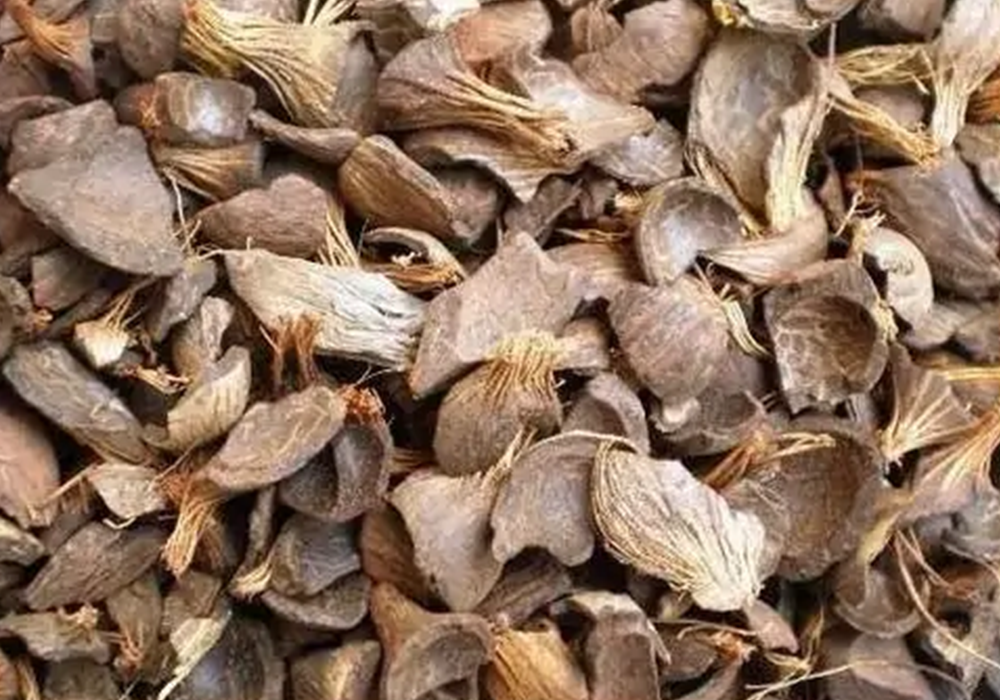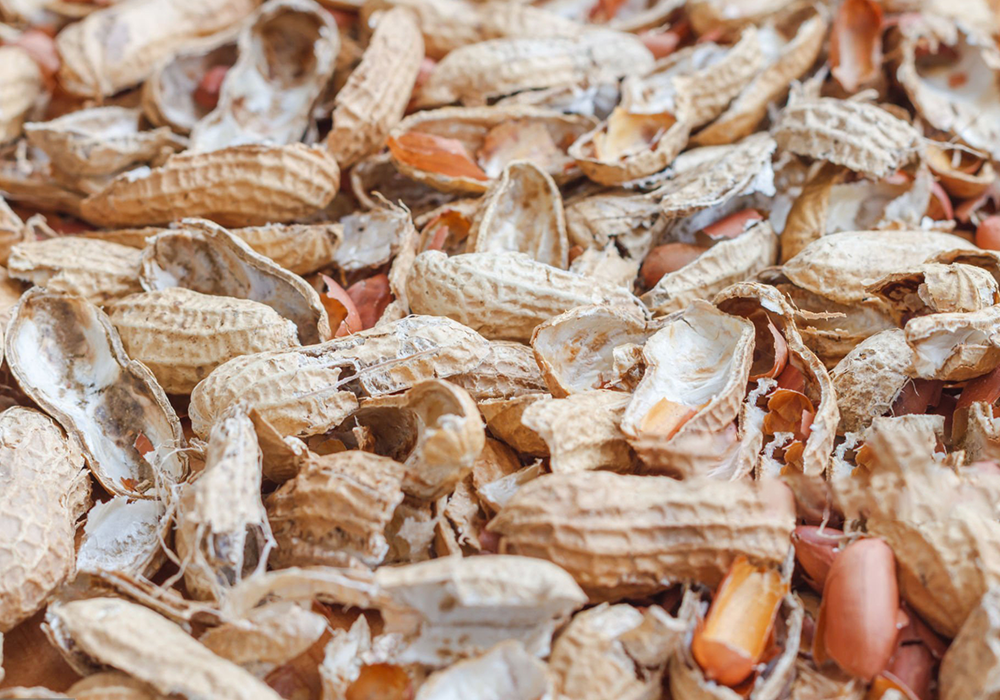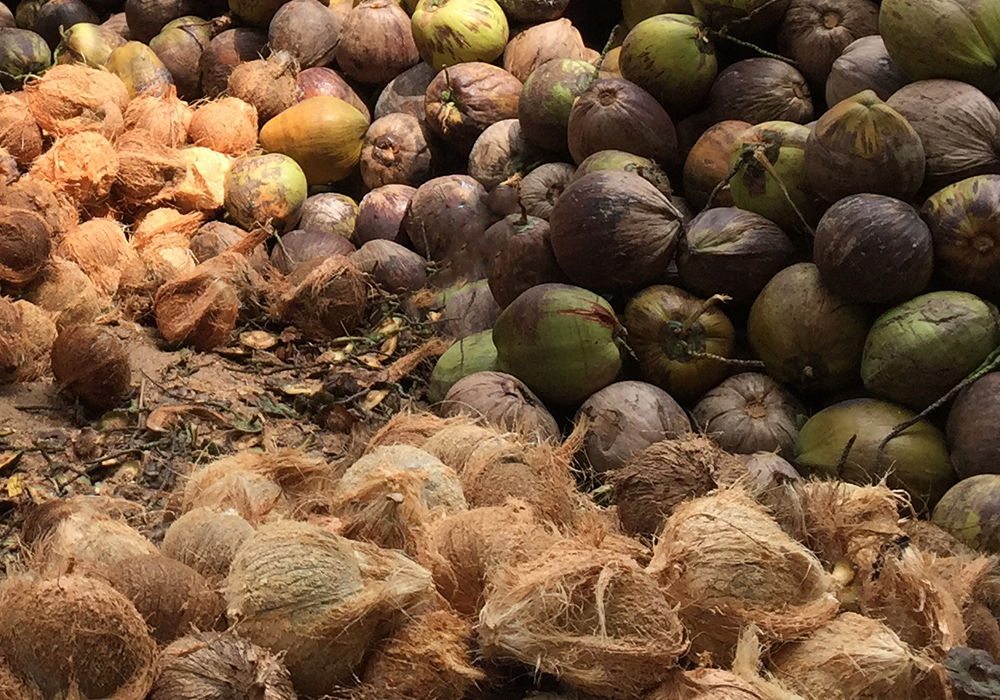
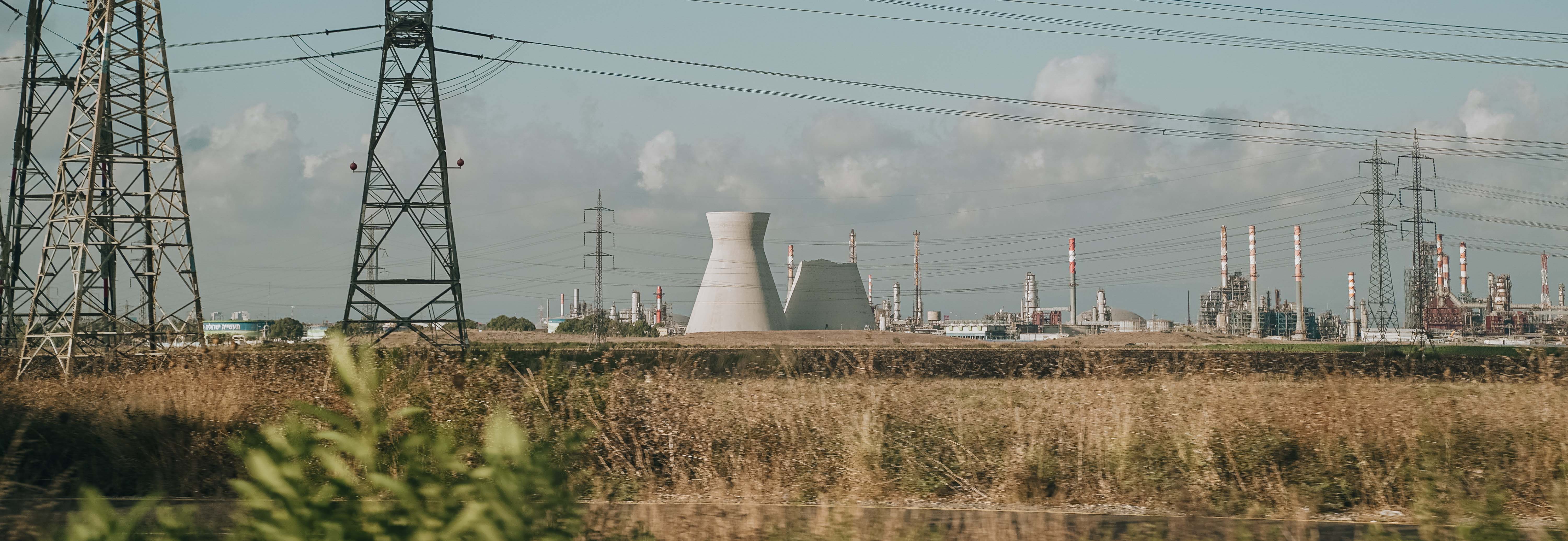
According to a report submitted to the Global Agricultural Information Network of the US Department of Agriculture's Foreign Agricultural Services in August, Japan has significantly increased its imports of sawdust particles for its FIT program, with an expected import volume of 4.25 million tons this year.
The report explains that after the Fukushima Daiichi nuclear power plant accident caused by the earthquake and tsunami in 2011, Japan expanded its FIT program to include a wider range of renewable energy sources. Prior to that accident, the FIT plan was only applicable to solar power generation. In 2012, Japan passed an expanded FIT program that covers most renewable energy sources except solar energy, including biomass, wind, geothermal, and small-scale hydropower. Under the grid price subsidy program, power companies charge customers a fixed electricity price for the electricity from eligible renewable energy power plants during the predetermined period after the power plants start operating. According to the report, FIT plans to maintain fixed prices regardless of wholesale electricity prices. Starting from the fiscal year 2022, Japan has launched a renewable energy grid in electricity subsidy (FIP) program, under which the Ministry of Economy, Trade and Industry (METI) has set a fixed premium for the average wholesale electricity prices over the past 12 months.
The wood chips used under the FIT program meet sustainable development requirements. Starting earlier this year, the Japanese Ministry of Economy, Trade and Industry (METI) has required biomass power plants to calculate their greenhouse gas (GHG) emissions over their lifecycle. The Ministry of Economy, Trade and Industry has also released default greenhouse gas emission values related to biomass raw materials that comply with the FIT/FIP power generation plan. The Ministry of Economy, Trade and Industry also stated that it plans to require power plants to provide information to verify their greenhouse gas emission calculations.
In addition to imported sawdust particles and domestic biomass sources, palm kernel shells (PKS) are also used to provide fuel for biomass power generation facilities. Starting from April 2024, the Japanese Ministry of Economy, Trade and Industry plans to introduce mandatory PKS sustainability requirements in FIT projects. The report predicts that these new sustainability requirements may slow down future imports of PKS.
Japan's power plants and industrial heat boilers use various biomass raw materials. Last year, the estimated import volume of sawdust particles reached 3.746 million tons (BDT), which is higher than 2.649 million tons in 2021 and 1.724 million tons in 2020. At present, it is expected that the import volume of sawdust particles will reach 4.25 million tons this year. In 2022, approximately 54% of wood chips imported came from Vietnam, 31% came from Canada, and 7% came from the United States.
In 2021, Japan's bioenergy facilities also consumed 90000 tons of domestically produced sawdust particles. It is expected that this consumption level will remain stable until 2022 and 2023. In 2021, the domestic consumption of wood chips was 10.288 million tons, with an estimated 10.4 million tons in 2022 and 10.6 million tons in 2023.
In 2021, the consumption of imported sawdust was 405000 tons (BDT), but it is expected to decrease to 300000 tons in 2022 and 2023. In 2021, Japan's bioenergy facilities also consumed 3.56 million tons of imported PKS. The consumption in 2022 was 4.142 million tons, and it is expected to reach 4.8 million tons this year.

